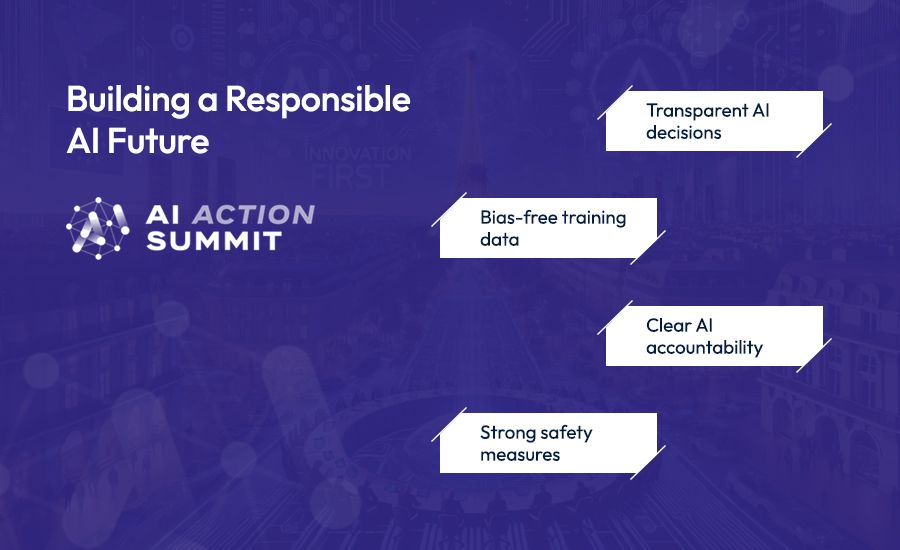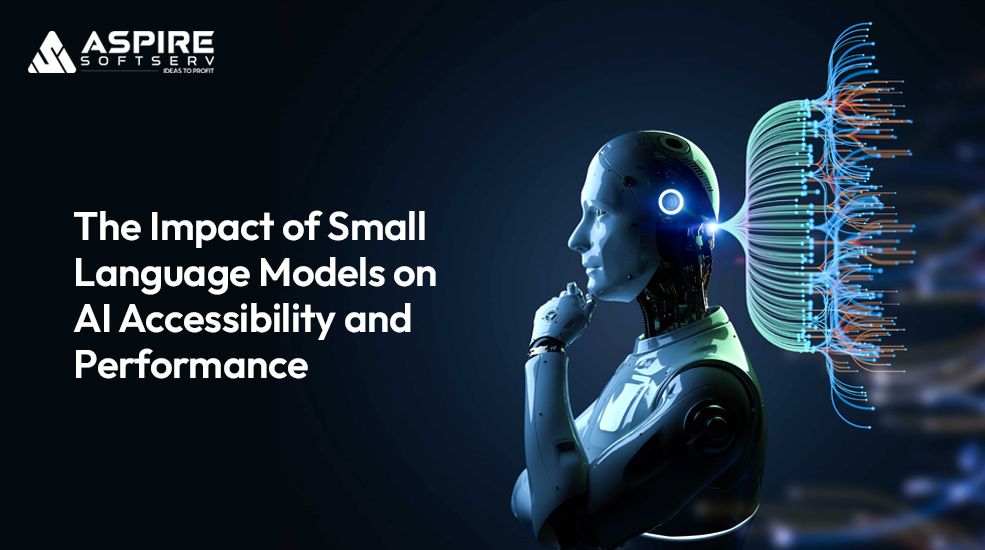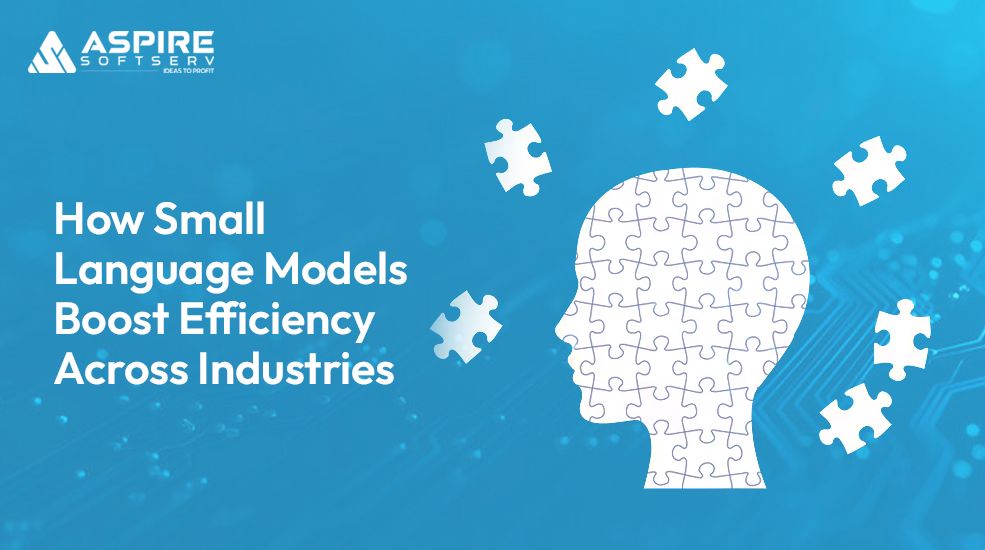
The AI Action Summit 2025, taking place in Paris on February 10 and 11, is shaping up to be one of the most important events in the world of artificial intelligence. As AI continues to evolve at an extraordinary pace, this summit brings together world leaders, industry experts, and policymakers to address the most pressing challenges and opportunities AI presents today. From revolutionising industries to raising concerns about security and ethical use, this summit is a pivotal moment for discussing how to guide the development and application of AI in a responsible and sustainable way.
The summit is not just about celebrating the advances of AI but about addressing the serious risks that come with its rapid rise. While AI has the potential to transform entire sectors and solve some of the world’s most complex problems, its misuse could lead to serious repercussions. The AI Action Summit will focus on finding a balance that fosters innovation while ensuring that the risks of AI, such as privacy violations, cybercrime, and misinformation, are mitigated.
The Growing Influence of AI and Why It Matters
Artificial intelligence is no longer a futuristic concept. It is deeply embedded in our daily lives, from the recommendations we see on streaming platforms to the chatbots handling customer service requests. Businesses are using AI to automate processes, analyse massive amounts of data, and improve decision-making. Governments are exploring ways to integrate AI into national security, healthcare, and urban planning.
Despite these advancements, AI also introduces new risks. The same technology that helps companies understand consumer behaviour can be used to manipulate public opinion. AI models capable of generating realistic images, videos, and voices can be exploited for misinformation and fraud. Cyber criminals are finding new ways to use AI for sophisticated phishing attacks and identity theft. As AI tools become more powerful and widely available, the risk of misuse grows.
The AI Action Summit 2025 provides a platform for world leaders to discuss these challenges and collaborate on solutions. The outcome of these discussions will influence AI policies, regulations, and ethical standards worldwide.
The Rising Threat of AI-Driven Cybercrime
One of the biggest concerns at the summit is how AI is being used in cybercrime. In the past, hacking and online fraud required advanced technical skills, but AI has made it easier for anyone to carry out cyberattacks. Now, even people with little experience can use AI tools to create phishing emails, deepfake videos, or automate hacking attempts.
AI can generate realistic text, images, and voices, making it easier for criminals to impersonate people or companies. This technology is being misused for scams, spreading false information, and financial fraud. But AI is not just being used for attacks—it is also helping to fight cybercrime. Banks and financial institutions are using AI to detect fraud and stop cyber threats. Learn more about how AI is protecting banks and preventing online fraud here.
Stopping AI-driven crimes is a big challenge for law enforcement. Unlike traditional cyberattacks, AI-powered threats change quickly, making them harder to track. The AI Action Summit 2025 will focus on improving cybersecurity, developing better AI detection tools, and working together globally to tackle these threats.
AI and the Challenge of Misinformation
The ability of AI to generate content at scale has fueled concerns about misinformation and disinformation. From fake news articles to manipulated videos, AI-driven content can spread rapidly and influence public perception. Deepfake technology, which creates hyper-realistic but fake images and videos, is a growing concern in political campaigns, media, and social interactions.
A major focus of the summit is on developing solutions to tackle AI-driven misinformation. Some of the proposed measures include watermarking AI-generated content, improving content moderation techniques, and promoting digital literacy to help people identify manipulated media. However, the challenge remains in implementing these solutions without compromising free speech and creativity.
Balancing AI Development with Ethical Considerations
While AI offers numerous benefits, it also raises ethical questions. Who is responsible when an AI system makes a harmful decision? How do we ensure AI does not reinforce biases or discriminate against certain groups? These are some of the complex issues being debated at the AI Action Summit 2025.

Governments and businesses are being urged to adopt ethical AI practices, which include:
Ensuring transparency in AI decision-making
Avoiding biases in AI training data
Establishing clear accountability for AI-generated actions
Implementing safety measures to prevent AI from being used maliciously
Many companies are already working on making AI systems more transparent and fairer, but a global effort is needed to ensure these standards are widely adopted. The discussions at the summit aim to create a framework for ethical AI use that can be implemented across industries and countries.
The Role of Governments in AI Regulation
AI development is often compared to the early days of the internet. In the absence of strong regulations, tech companies had the freedom to innovate, but this also led to issues like data privacy concerns, misinformation, and cybersecurity threats. Policymakers at the AI Action Summit 2025 are working to ensure AI does not follow the same path.
Different countries have taken different approaches to AI regulation. The European Union has proposed strict AI laws focusing on transparency and accountability, while other regions are still exploring their regulatory options. The challenge is to create policies that encourage innovation while preventing harmful uses of AI.
One of the key discussions at the summit is whether AI regulation should be handled at the national or international level. Given the global nature of AI technology, many experts argue that international cooperation is necessary to ensure consistent and effective regulations.
The Need for Public Awareness and Education
As AI continues to evolve, public awareness and education are crucial. Many people are still unaware of how AI impacts their daily lives or how it can be misused. Without proper knowledge, individuals may fall victim to AI-driven scams, misinformation, or even biased decision-making systems.
Governments, educational institutions, and tech companies have a responsibility to educate the public about AI. This includes teaching people how to recognize deepfakes, understand AI-generated content, and protect themselves from AI-driven cyber threats. The AI Action Summit 2025 is expected to push for more investment in AI education and awareness campaigns.
Moving Forward – What to Expect After the Summit
The discussions at the AI Action Summit 2025 will shape the future of AI policy and governance. Some of the key outcomes expected from the summit include:
A stronger global commitment to AI safety and ethical development
Enhanced collaboration between governments, businesses, and researchers to prevent AI misuse
More transparent AI regulations that balance innovation and security
New cybersecurity measures to combat AI-driven crimes
Increased focus on educating the public about AI risks and benefits
AI has the potential to drive significant progress, but it must be developed and used responsibly. The AI Action Summit 2025 is a step toward ensuring that AI remains a force for good while minimising the risks associated with its misuse.
As the world navigates the complexities of artificial intelligence, events like this summit serve as reminders that technology should always be guided by ethical principles and human values. The choices made today will determine how AI shapes our future.



